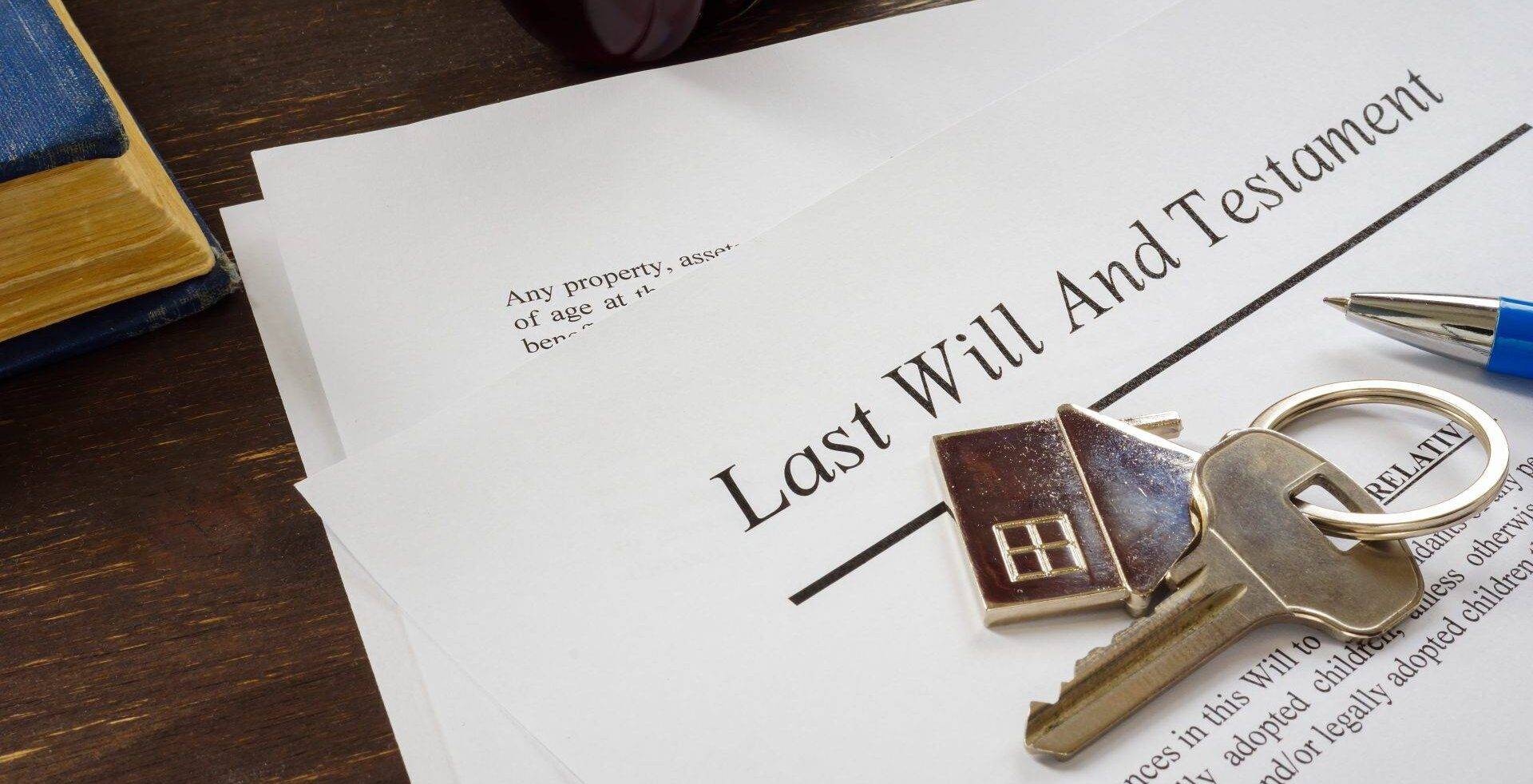Equiom v Velarde [2022] EWHC 11
Case background
Mrs Moores’ father created a settlement before he died, giving her special power of appointment over the certain property in a settlement (Sub Fund). This power could be exercised by deed, either revocable or irrevocable, or by Will or Codicil. During her lifetime, Mrs Moores exercised this power twice:
- In 1981, Mrs Moores appointed the Sub Fund onto her three children, Peter, Rebecca, and Matthew (1981 appointment), which would take effect on her death. The appointment was expressed as revocable by deed, Will or Codicil;
- In 1997, Mrs Moores revoked the 1981 appointment and appointed the Sub Fund to just Peter and Rebecca, excluding Matthew (1997 appointment).
Mrs Moores made a Will in 2007 and clause 7 provided (emphasis from judgment):
“I leave devise bequeath and appoint the whole of my real estate and the rest residue and remainder of my personal estate wheresoever situate and of whatsoever kind of or to which I shall be seized possessed or entitled at any date of my death or over which I shall have any power of testamentary disposition whatsoever…unto my children Peter Christian Verlard, Matthew Julian Verlade, and Rebecca Verlade.”
The issue at hand was whether the effect of this clause 7 in her Will revoked her 1997 appointment, therefore including Matthew as a beneficiary. If it did, the Sub Fund would be split between the three siblings. If not, then the Sub Fund will only be split between Peter and Rebecca. Unsurprisingly, Matthew argued that the Will did revoke the 1997 appointment and he would be an equal beneficiary of the Sub Fund. Peter disagreed and argued that the Will clause was too general to revoke the 1997 appointment.
The Master considered this and confirmed the following:
- Mrs Moores had no other power of appointment and the time of making this Will, she was aware of the power and previous appointments conferred by the Settlement; and
- Ms Moores was well aware of the existence of the Settlement and her powers when she made her Will.
The Master set out to clarify the position before concluding that clause 7 of the Will intended to revoke the 1997 appointment and make a fresh appointment in favour of all three children equally.
Peter appealed the Master’s decision. However, the High Court Judge upheld the decision and stated that generally in a “one power case” (i.e. where the appointer has no other powers of appointment) wording that shows an intention to make an appointment would be sufficient in revoking a previous appointment as there are no other appointments.
Testators and practitioners need to be cautious when making a new Will or Trust that they do not accidentally and unintentionally revoke an earlier revocable appointment in a trust. This is more likely to happen if general or standard wording is used without considering the full effect of its inclusion.
How can we help
Should you be affected by any issues surrounding a deed of appointment, please do not hesitate to contact a member of our expert Dispute Resolution team in Derby, Leicester, or Nottingham who will be able to assist.
Please call 0800 024 1976 or contact us via our online form.
Contact us
If this article relates to a specific case/cases, please note that the facts of this case/cases are correct at the time of writing.


